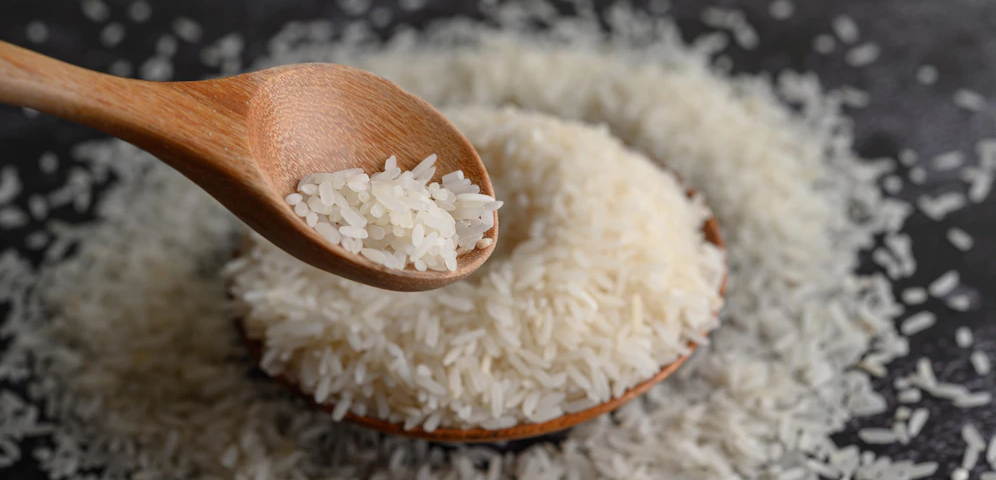Things To Consider While Buying Rice
Different Types Of Basmati Rice in India
April 5, 2022Every day, more than half the population of the world eats rice, which meets more than 21% of their caloric needs.
It is a whole grain that contains 80% protein, 80% phosphorus, and 80% potassium and is high in fiber.
There are numerous white, brown, black, and red rice varieties.
Each rice grain is distinct in its shape, texture, and flavor, making it the ideal ingredient for a variety of dishes.
Different types of rice have varying standards for quality.
Because superior quality rice is not only good for consumption but also for health, you must choose the Best Rice in India for Daily Use.
Each nation has its own set of requirements for whole grains quality.
Manufacturers of rice frequently concentrate on these quality standards, which include both chemical and physical characteristics.
Rice Grain Physical Characteristics
- Grains both whole and broken
- The grain’s size and shape
- The hue of the grain
- Chalkiness
- Weight
- Tainted and damaged kernels
- Foreign substances such as dirt and stones
- The grain’s level of moisture
The chemical makeup of rice grains
The following are the chemical properties:
- How the grain appears after cooking and feels after consumption
- Temperature of gelatinization
- A gel-like texture
- Texture (how it feels when eaten)
- Aroma (how it smells)
Rice Quality Components
-
The grain length
Grain length provides additional information about a particular rice variety.
Less starch is present in long-grain rice varieties, which prevents them from sticking together and lengthening during cooking.
It has a round, stout appearance and contains more starch than other types of short-grain rice. Short-grain rice becomes sticky after cooking.
Last but not least, medium-grain rice, which falls between short and long grains, is frequently used in a variety of dishes.
-
Moisture
One of the key aspects of grain quality is its moisture content. It refers to the quantity of water in relation to the mass of grains and is expressed as a percentage.
-
Effected kernel
Kernels with damage are a significant grading factor. Insects, heat, molds, weathering, sprouting, frost, diseases, uneven maturation, and incomplete or absent grain filling are the main causes of damage.
-
Discoloration/Yellowing
One type of form of milled rice discoloration is color degradation. When rice is improperly stored, it loses its original white color and develops various types of milled rice discoloration.
It occurred as a result of chemical and microbial reactions that were triggered by the temperature, amount, and length of storage.
Why is finding the best rice suppliers so important?
In the past, bulk rice purchases required face-to-face transactions.
People only buy rice these days from reputable websites like Abidarice. Study the list of the top rice suppliers if you’re a new customer seeking to purchase rice in bulk.
Indian rice suppliers provide the highest quality Basmati rice by monitoring the state of the market.
We provide a large selection of basmati rice, the Best Rice in India for Daily Use, non-basmati rice, and organic rice, all of which are thoroughly cleaned, hygienically processed, and packed using cutting-edge techniques and equipment to uphold the highest standards of quality.
In essence, there are a number of factors, such as growing techniques, the type and timing of harvesting, and storage management, that must be taken into account in addition to the things mentioned above when choosing rice.
As the leading exporters of rice from India, we are constantly concerned about our client’s well-being and offer premium rice to help them stay alert and healthy.

